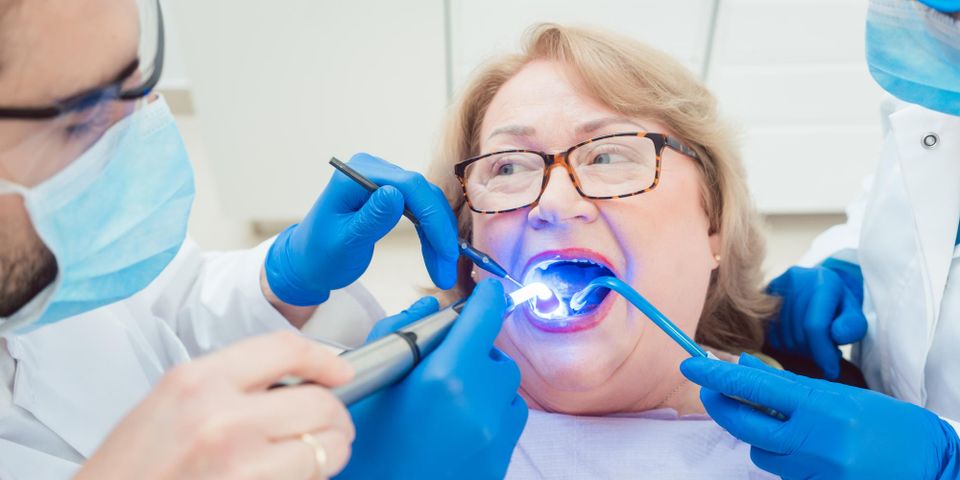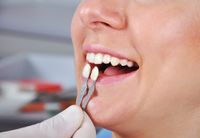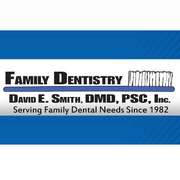
Many people get tooth crowns to fix their smiles and boost confidence. This procedure offers many benefits and can correct several issues. Below are a few questions about this service to dispell myths and explain why it is so advantageous.
Tooth Crown FAQ
What are the types of crowns?
There are several different types of crowns. Temporary, stainless steel crowns prevent the tooth from incurring further damage until a dentist installs a permanent version. This model is often helpful for kids who injure their baby teeth and need a quick fix.
Metal crowns often include gold, platinum, or nickel-chromium and offer the most durable material. They won’t chip, crack, or wear over time. Dentists often use this variety for molars, as they endure considerable use and are not visible.
Porcelain is standard for teeth that are visible when you talk or smile because they match your tooth coloration. Dentists fuse this option to metal to hold it in place, and it is susceptible to cracking or chipping.
What is the Procedure?
 During the first appointment, the dentist will X-ray and inspect your tooth’s root to ensure it’s healthy. Then, they will numb you and shape the tooth to provide a clean surface for the implant. The team might use filling material to add more support for teeth that have considerable decay or damage. Then, they’ll create a mold with putty or use a digital scanner to take impressions before installing a temporary crown with an adhesive.
During the first appointment, the dentist will X-ray and inspect your tooth’s root to ensure it’s healthy. Then, they will numb you and shape the tooth to provide a clean surface for the implant. The team might use filling material to add more support for teeth that have considerable decay or damage. Then, they’ll create a mold with putty or use a digital scanner to take impressions before installing a temporary crown with an adhesive.
Within a few weeks, the crown company will create and send the permanent crown. Then, your dentist will remove the temporary crown and fit the new implant.
Why should you consider crowns?
Tooth crowns protect weak or cracked teeth. These features allow you to keep the root intact, while only covering the visible part, which reduces pain and recovery time. Crowns can also provide cosmetic benefits of making your smile whiter or straighter.
What is the aftercare?
After the procedure, avoid chewy and sticky foods—like gum and taffy—as well as hard foods, such as apples, to safeguard your crown. Follow the dentist’s care guide on how long to wait to eat and drink to ensure it adheres properly. Always floss carefully, threading the string through the teeth instead of yanking, as sudden moves may dislodge the crown.
If you need a tooth crown, contact David E. Smith, DMD, PSC, in Nicholasville, KY, to schedule an appointment. The practice offers customized treatments and general dentistry for people of all ages. Call (859) 887-4008 or visit the website for information on their services like extractions, dentures, implants, and cleanings.
About the Business
Have a question? Ask the experts!
Send your question

